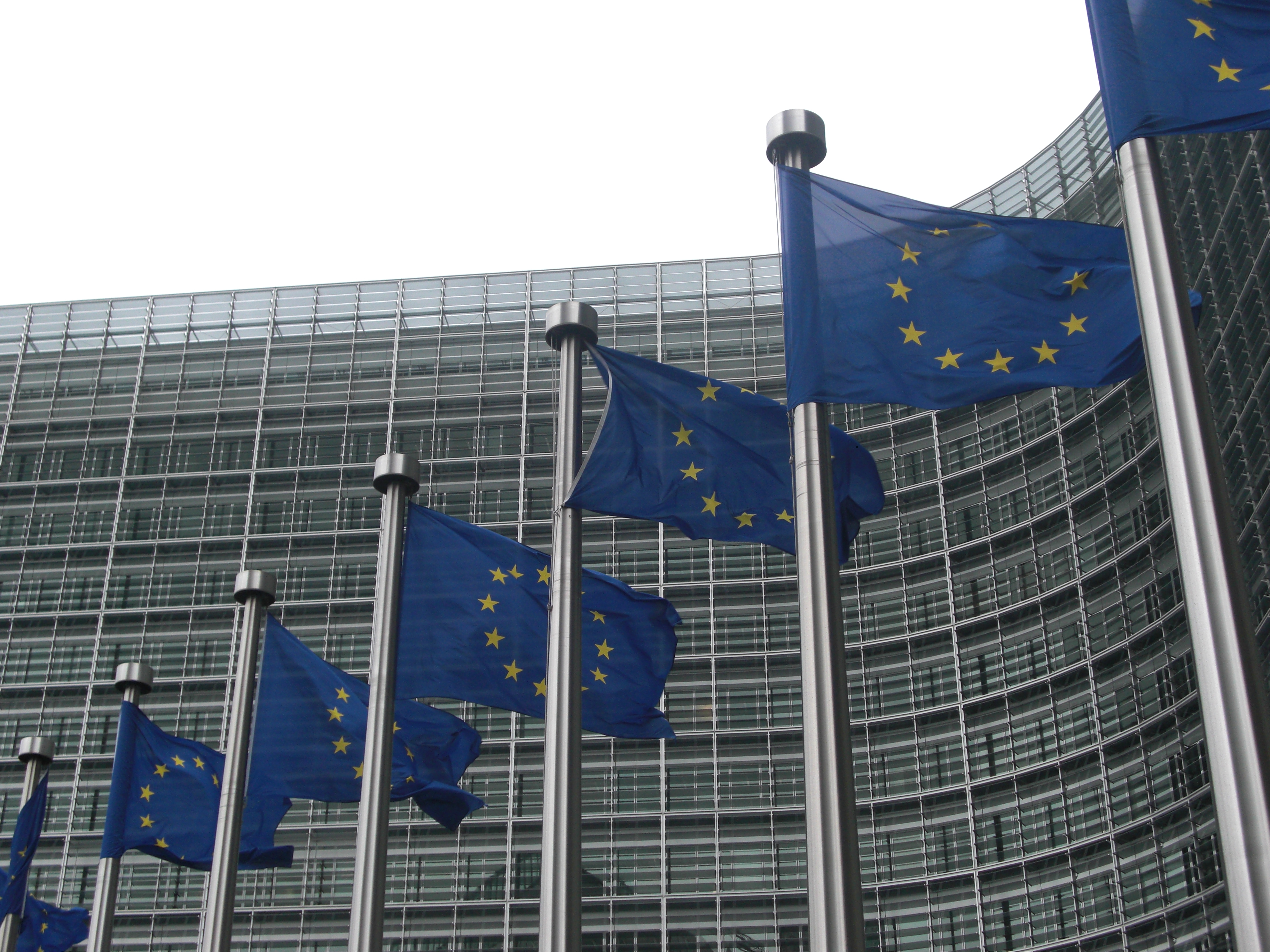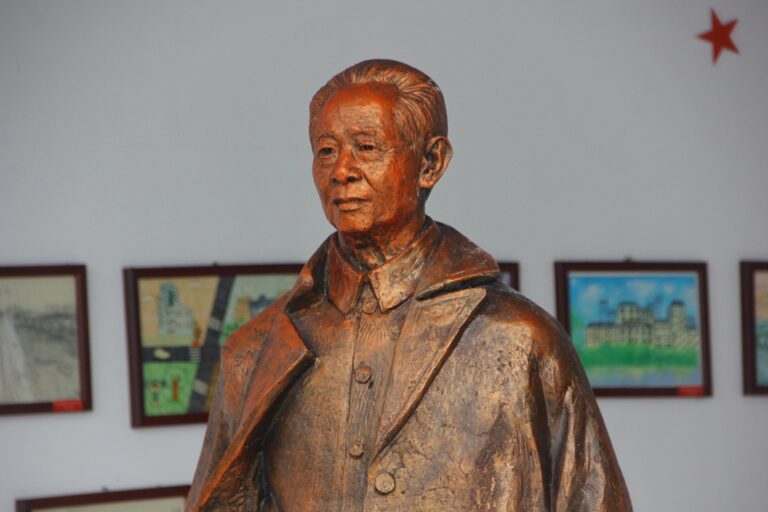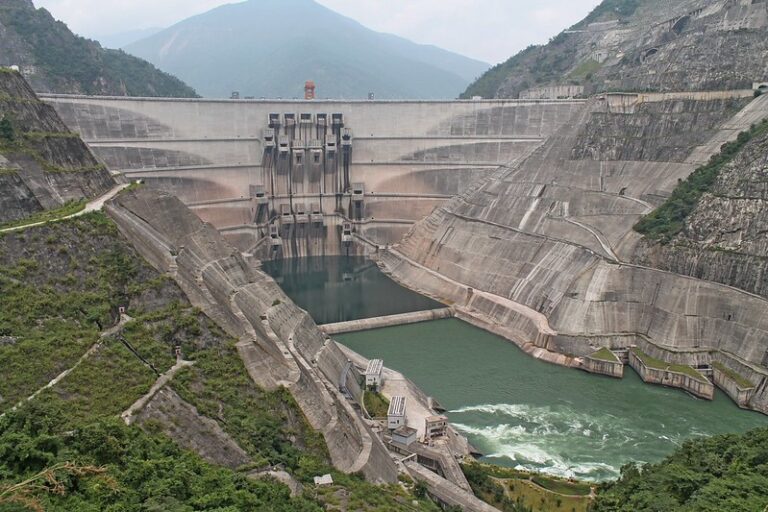
This is a transcript of Ivana Karásková’s oral testimony for the European Parliament’s AFET & EUDS public hearing on China’s influence in the European Union. Watch the testimony here.
There is a saying among experienced China analysts: If we ever worked for the Chinese state, we would choose Europe – especially Brussels. It may sound harsh, and it is not entirely precise – as China is active in several European capitals – but it captures the three points I want to make.
First, China is a proactive – not reactive – player. Beijing’s approach to Europe is pragmatic and strategic. In its EU policy paper and in speeches by Xi Jinping, China sets three core aims:
1. keep Europe open to Chinese trade and investment;
2. preserve access to advanced technology; and
3. discourage Europe from aligning too closely with the United States on security and high-tech controls.
Since 2020 this has been framed as “dual circulation”: build domestic capabilities while keeping key external markets – like the EU – open for Chinese exports in automotive, green tech, and electronics. The primary reference point for Beijing remains the United States, not Europe. Europe matters mainly as a market and as a potential ally of the U.S. in what China sees as efforts to contain its rise.
Second, China views Europe as plural and therefore influenceable. Brussels matters for regulation, but leverage often lies in national capitals and sectors. Engagement concentrates on big economies and on industries that create veto players – automotive supply chains, energy infrastructure, and renewables – often presented as mutually beneficial.
In terms of methods, China operates under the concepts of “comprehensive national security” and a whole-of-society approach. Policy is coordinated across Party, state, companies, banks, and media – and can involve Chinese tourists, students, or diaspora members in Europe. It is crucial to stress that not every actor is directed from Beijing, but the system incentivizes many of them to serve state goals and enables rapid mobilization when political priorities are at stake.
We have concrete examples. When Lithuania deepened ties with Taiwan, Lithuanian exports – and EU goods with Lithuanian inputs – faced sudden barriers, prompting an EU case at the WTO. When European brands questioned Xinjiang cotton, firms such as Swedish H&M saw platform removals and state-amplified consumer boycotts.
Third, China has upgraded its tactics and increasingly borrows from Russia’s playbook. Beijing knows that hard power – economic dynamism, military modernization, and technology – is not enough. Chinese leaders and scholars speak of a deficit in “discourse power”: the ability to frame debates and win acceptance of China’s preferred narratives. Historically, China was cautious about claiming the superiority and exportability of its authoritarian governance model. That changed during the COVID-19 pandemic, when Beijing openly contrasted the “efficiency” of its model with democracies. Over the past five years, messaging aimed at European societies has moved from image-polishing – through sponsored op-eds, articles, and paid journalist trips – to more assertive narrative rewriting, coercion of critical voices (including sanctions on MPs), cyberattacks, espionage, bribery, enabled election meddling, and the active spread of disinformation that often aligns with Russian themes.
In May this year, the Czech Republic publicly attributed cyberattacks on its Ministry of Foreign Affairs’ unclassified network to China’s state-sponsored APT31; the activity dated back at least to 2022, during the Czech EU Council presidency and during the outset of Russia’s full-scale invasion of Ukraine. Chinese state media operating in European languages portrayed that invasion as a direct consequence of Central and Eastern European countries joining NATO – the same narrative has been pushed by pro-Kremlin outlets. We also know of espionage cases, including the Chinese assistant to former MEP Maximilian Krah – sentenced to more than four years in prison – and the Huawei-related case involving Members of the European Parliament and their assistants.
This leads to my final point: deficiencies in European resilience create openings for malign actors. Neither China nor Russia invented our internal divisions; both skillfully exploit and widen them.
We see gaps in knowledge about China’s intentions and, more importantly, gaps in basic security hygiene. Our recent research highlights vulnerabilities in the European Parliament: during the 9th and 10th terms, roughly 3,000 Accredited Parliamentary Assistants were not vetted; many of those have worked on sensitive files – trade, dual-use items, defense, international relations – and lacked security clearances. The research does not imply any wrongdoing, but sheds light on deficiencies and gaps surrounding the governance of APAs’ functions.
The revolving door remains porous: staff can move from an MEP’s office to lobbying on the same file with minimal cooling-off period. Group APAs offer flexibility and save costs, but they also concentrate information and expertise on sensitive files in very few hands. To illustrate: this current term, one APA has worked for nine MEPs from seven countries and eight parties across S&D, the Left, Renew, and EPP; another worked for six MEPs from Italy, France, and Germany across the Greens, S&D, and the Left. If I were serving a malign foreign power, these APAs would be my prime targets.
Transparency gaps also persist in meetings with Chinese corporate and official representatives. Our upcoming study shows that during the 9th and 10th terms, 228 MEPs formally reported meetings with Chinese stakeholders – missions and companies including TikTok and Huawei. One significant outlier recorded 132 such meetings in a single term. And that is only the publicly logged activity. For sure, the MEPs have the right to assembly, however, our analysis shows that standardized and comprehensive documentation of official meetings is still missing.
To sum up: China has a clear plan for Europe. It sees Europe as influenceable and tailors its influence tools accordingly. The quip that any Chinese agent would love to work in Europe may sound harsh. Yet unless we acknowledge China as a security challenge to our societies and democratic processes – and take steps to close the opportunities for malign actors – it will not be far from the truth.
For more information on APAs shaping the European Parliament’s China agenda, download our research paper:
Written by
Ivana Karásková
ivana_karaskovaIvana Karásková, Ph.D., is a Founder and Lead of CHOICE & China Projects Lead at the Association for International Affairs (AMO) in Prague, Czech Republic. She is a an ex-Fulbright scholar at Columbia University, NYC, a member of Hybrid CoE in Helsinki and European China Policy Fellow at MERICS in Berlin. She advised the Vice-President of the European Commission, Věra Jourová, on Defense of Democracy Package.


